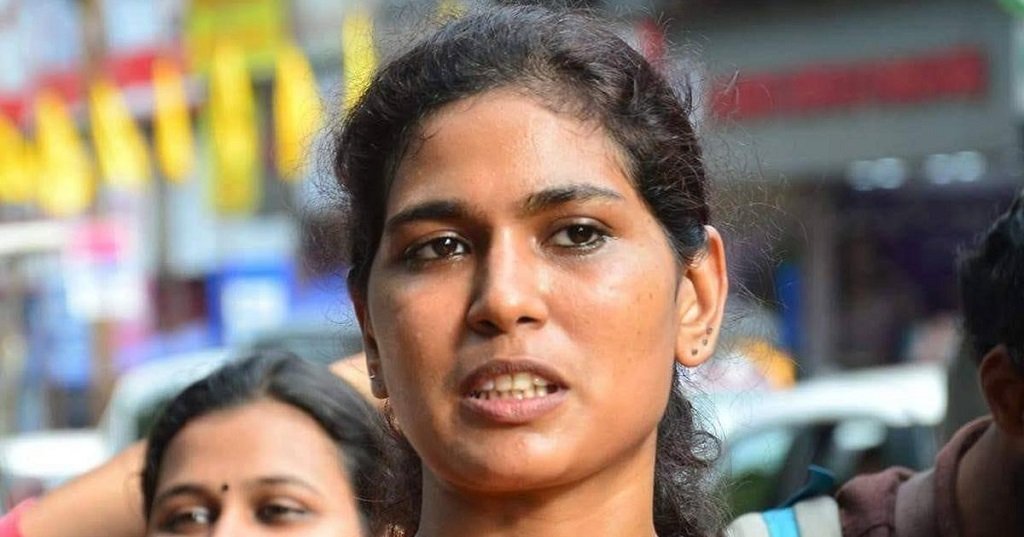Rehana Fathima Body Painting case by the Kerala High Court has sparked debates and discussions regarding artistic freedom and the boundaries of expression.
On Monday, the Kerala High Court overturned a case against a woman activist charged with offenses punishable under several provisions of the Protection of Children from Sexual Offences Act.
She was charged after she posted a video on social media of her two underage children, a 14-year-old boy and an 8-year-old daughter, drawing on her semi-nude body.
Also Read: Sam Nugent Death: Colorado Springs Missing Boy Found Dead
According to the Supreme Court, Kerala activist Rehana Fathima’s video of children painting on her semi-naked body gives the wrong impression of the country’s culture.
Indian Activist Rehana Fathima Body Painting Viral Video Explained
In recent months, a viral video starring Indian activist Rehana Fathima has aroused considerable debate and highlighted concerns about free speech, creative interpretation, and social conceptions of the human body.
The video showed Rehana Fathima, a Kerala-based women’s rights activist, posing semi-naked in front of her little children and allowing them to paint on her body.

In contrast to traditional attitudes regarding the male body, the act was intended to transmit a social statement questioning the sexualization of the female body.
Also Read: Texas Michael Sauceda Obituary And Death: How Did He Die?
The video sparked widespread outrage, prompting Fathima to face prosecution under the Protection of Children from Sexual Offenses (POCSO) Act, the Juvenile Justice Act, and the Information Technology (IT) Act.
The Kerala High Court, however, intervened in the case and cleared Rehana Fathima of the allegations. The court underlined in its decision that depictions of a woman’s naked body should not be automatically labeled vulgar, indecent, or sexually explicit.
It said that nudity should not be automatically linked to sex and that the representation’s context should be considered. The court further said that painting a mother’s upper body as an art project by her children should not be considered an actual or simulated sexual act.
The court held that the petitioner’s and her children’s films comprised political and artistic speech.
Indian Activist Rehana Fathima Body Painting Viral Video: Case Update
The High Court denied Fathima’s petition to dismiss the ongoing lawsuit after the trial court rejected it. Fathima said in her appeal that the body painting was intended as a political statement since the bare upper body of women is sexualized in all circumstances, whereas males are not.
According to the court, “nudity and obscenity are not necessarily identical, and sexual intent is an essential factor to attract the charges accused against the petitioner.”

The judge watched the film in open court and noticed that the petitioner had included a comprehensive commentary beneath her video, arguing that the nude body was responding to a controlling, sexually unsatisfied society.
“No child who has seen his mother’s nude body and has grown up witnessing it can mistreat another female body,” according to the video’s description. The court further noted that the petitioner had a long history of fighting sexism and was involved in a Kochi anti-moral policing movement.
Once she was released on bond, a case was filed against her, and the trial court commenced procedures. She applied for discharge, but the trial court denied it, resulting in the case before the High Court.

